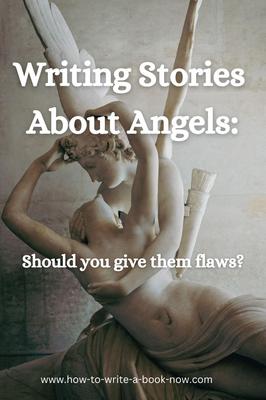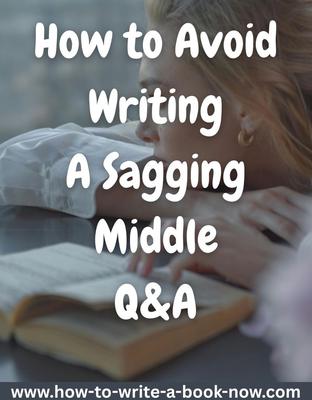Difference Between...YA & Adult Fiction
by Terrell
(Columbia, MO)
Question: Hello, I'm pretty sure that you may have answered this question already but I will ask if you don't mind.
Is the main difference between a Young Adult and Adult book fiction is the topic of choice that is relevant to either Adults or young adults?
So it won't matter whether or not the MC/Protagonist/Narrator is an adult or young adult as long as some of the themes and/or plot mentioned is relevant to whichever genre I choose to write for?
Answer: Actually, each time I attempt to answer this question, I think I am getting closer to a better set of definitions. The reason it's a thorny problem is because YA has evolved (as genres do).
I think we can say at it's most basic level that a YA book is a book young adults will enjoy because it speaks to them - their feelings and the way they see the world.
YA deals with that period of life that comes between puberty and parenthood or from age 13 to one's early 20s. It's the time of life when people are discovering or establishing who they will become, but nothing has gelled yet. Once they are parents, responsibility tends to replace adventure. People focus less on becoming something themselves and more on helping their children become something.
Once upon a time, teens might have read books about unmarried adults that included romance, adventure, and heroism. The teenage reader could get excited about seeing their life to come in these books.
These days, YA books almost always have teen main characters because young adult readers empathize more closely with a character closer to their own age and because it's much harder to present an idealized or exciting view of the adult world that teens will buy.
(You can't hide that the actual world of adults is a world of disappointment - in terms of romance, adventure, and ideals - where everyone works too hard for too little meaningful reward, and where materialism has replaced real accomplishment and community connections. Young people want to become something they can be proud of, and in many cases it's hard to admire the frustrated, wage-slave adults
Note that a YA book with a teenage main character is different from an adult book with a teenage main character. In the adult books, the narrative voice is that of an adult looking AT or back at the teen characters and their world, often in a nostalgic way, while a YA book will look at the world from the perspective of a teen who has yet to explore the adult world.
In YA it is a teenage voice that tells the story, and the attitude of that voice (whether in first or limited third person narration) is a teenage attitude: excessively concerned with subjective matters that an adult voice would not be concerned with or would have more objectivity on.
Teenage voices speak more as teenagers think they do, and not as adults think they do. Teenage characters tend to be concerned with what others think of them, whether they fit in, how can they prove themselves, how they are judged by others or by themselves, role models, how to cope with social pressure, parental pressure, romantic desires, and other serious problems. Unlike adults, teens don't have decades of experience with such problems to draw upon. Hence, uncertainty and snap judgements are key issues at that age.
A YA book doesn't have to deal strictly with issues that are unique to teens, like peer pressure or bullying. The Hunger Games, for example deals with adult situations (combat to the death, stardom), but what makes such books YA is that they look at these issues from a teenage perspective.
Finally, sexuality is different in YA not just because many adults don't want their teens reading graphic descriptions, but also because YA readers want to read about people who are approaching sexuality with the same feelings and lack of experience they have. (In my opinion, reading YA novels is a safe way for some teens to explore and reflect on their feelings about sexuality and romance and prepare themselves for adult life, but not everyone agrees.)
I'm not sure if I've given a definitive definition, but these are some of the qualities that separate YA from adult novels.
Comments for Difference Between...YA & Adult Fiction
|
||
|
||
|
||
- Home
- Genres
- Genre Questions
- Difference Between...YA & Adult Fiction















